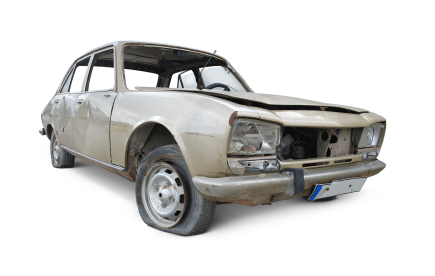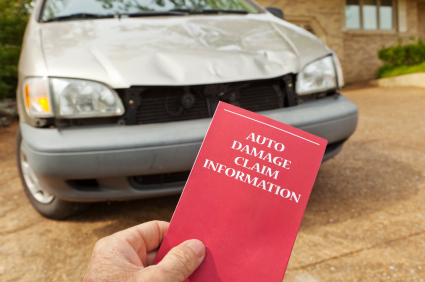Is a Newly Purchased Policy Refundable if Cancelled?
No matter if the policy is new or old; if there is unused premium you should get a refund.
If you have just purchased a new insurance policy for your vehicle and then found better coverage or cheaper coverage with another company, cancelling the initial policy is going to be your first reaction. If you have paid for the insurance coverage with the first company in advance, you are owed a refund.
The refund should be for the insurance coverage that you have not used yet. As an example, say that you paid for the full 6 month policy period and you cancel after the first week of coverage. The time period after the first week through the end of the term is refundable.
The insurance company will not be covering you if you were to get into an accident for this time period so the unused premium should be refunded immediately.
However, there are companies that charge “penalty fees” for cancelling your policy early. Is this fair? No, it is not.
But, it is a way to get you to not cancel your policy. It also gets you to pay for the cost of writing your new policy in the first place, the paperwork that was sent and also the work that has to be done to process the cancellation and any refund.
This is why it is so important to read the fine print before you buy a policy from an insurance company. If you do cancel your policy and then they claim that there is a penalty for cancelling early, check your insurance papers.
If there is nothing in your papers about this penalty, complain to a supervisor at the insurance company. If that doesn’t resolve the issue file a complaint with your state’s Department of Insurance or Insurance Commissioner.


